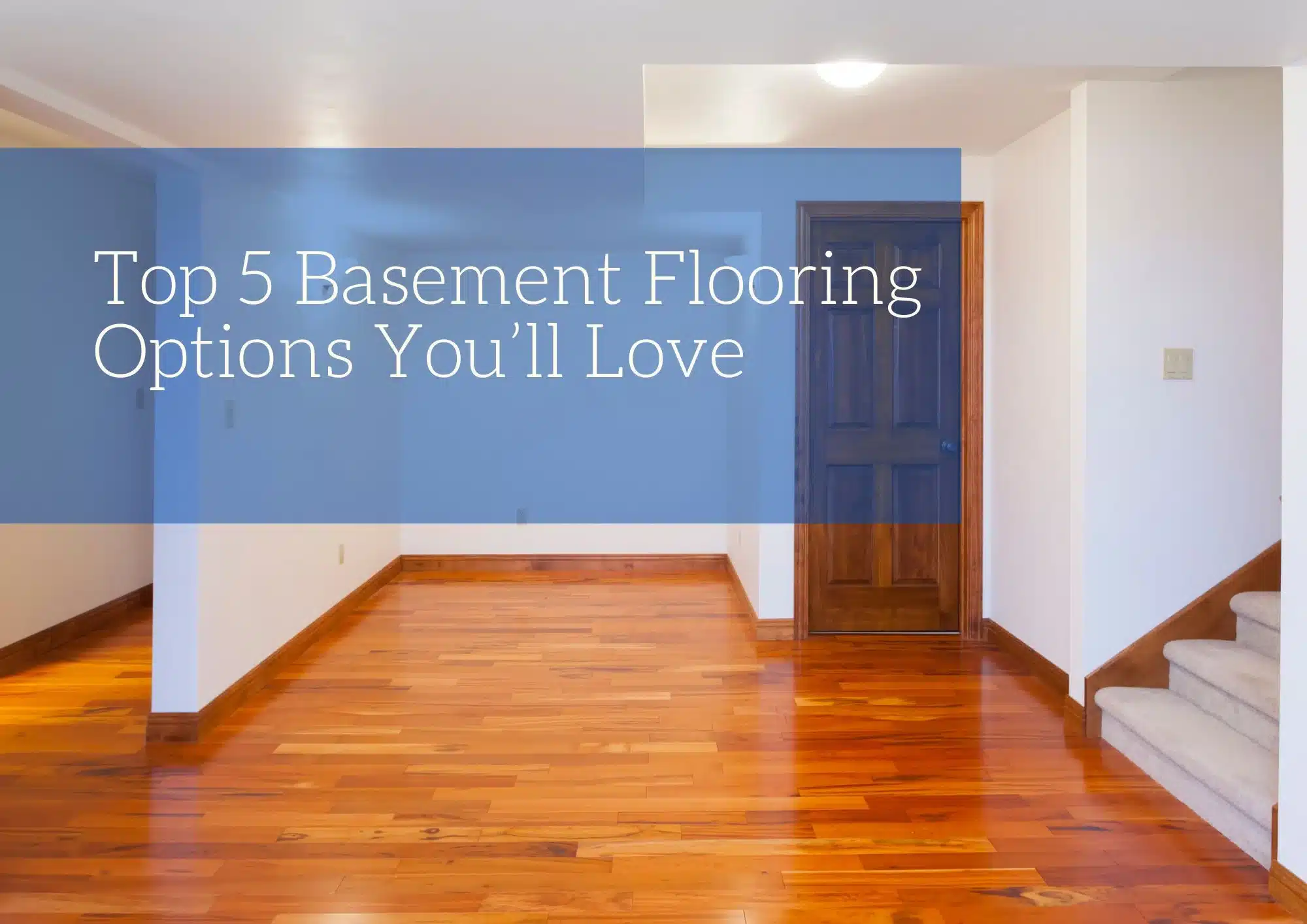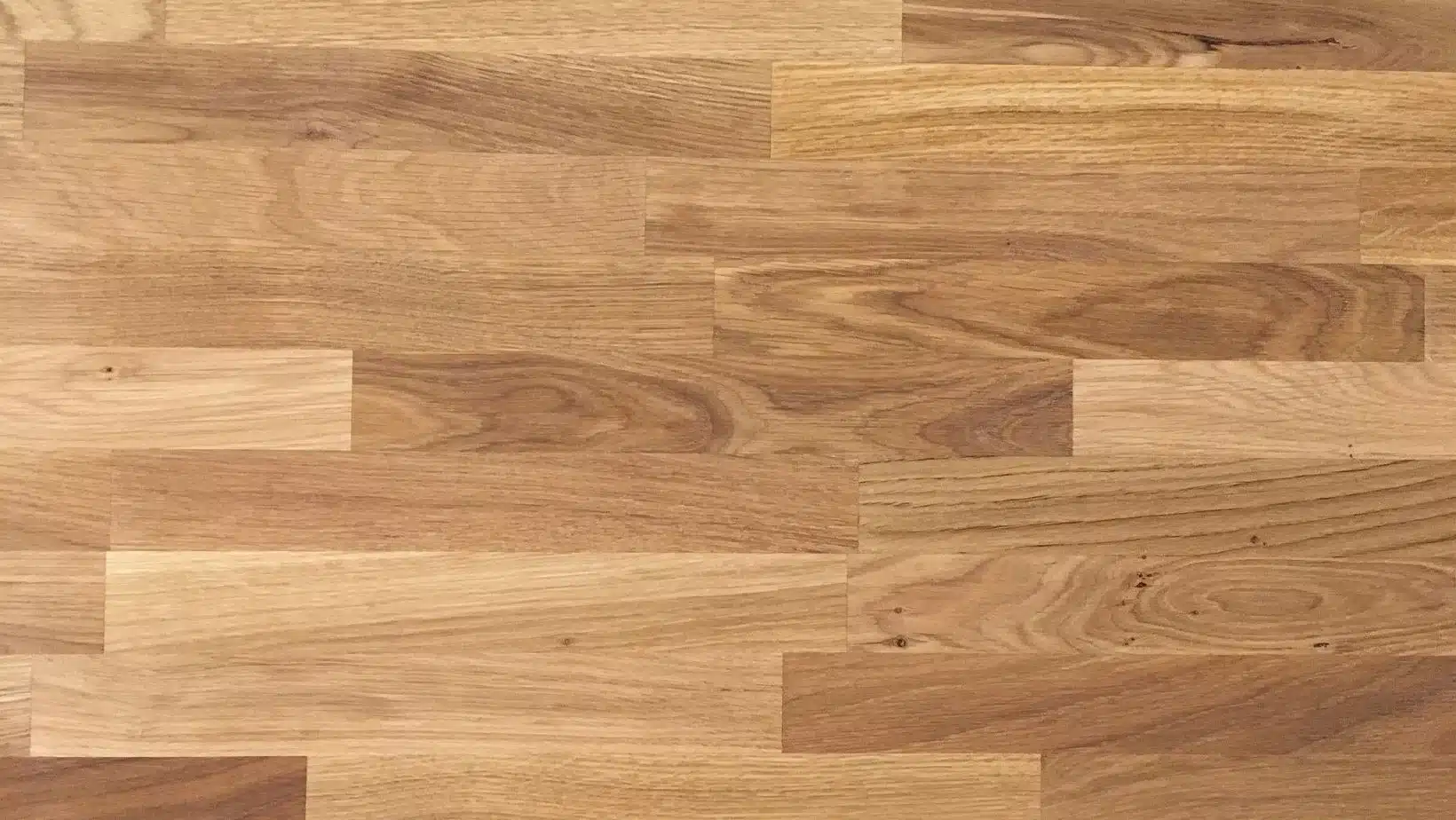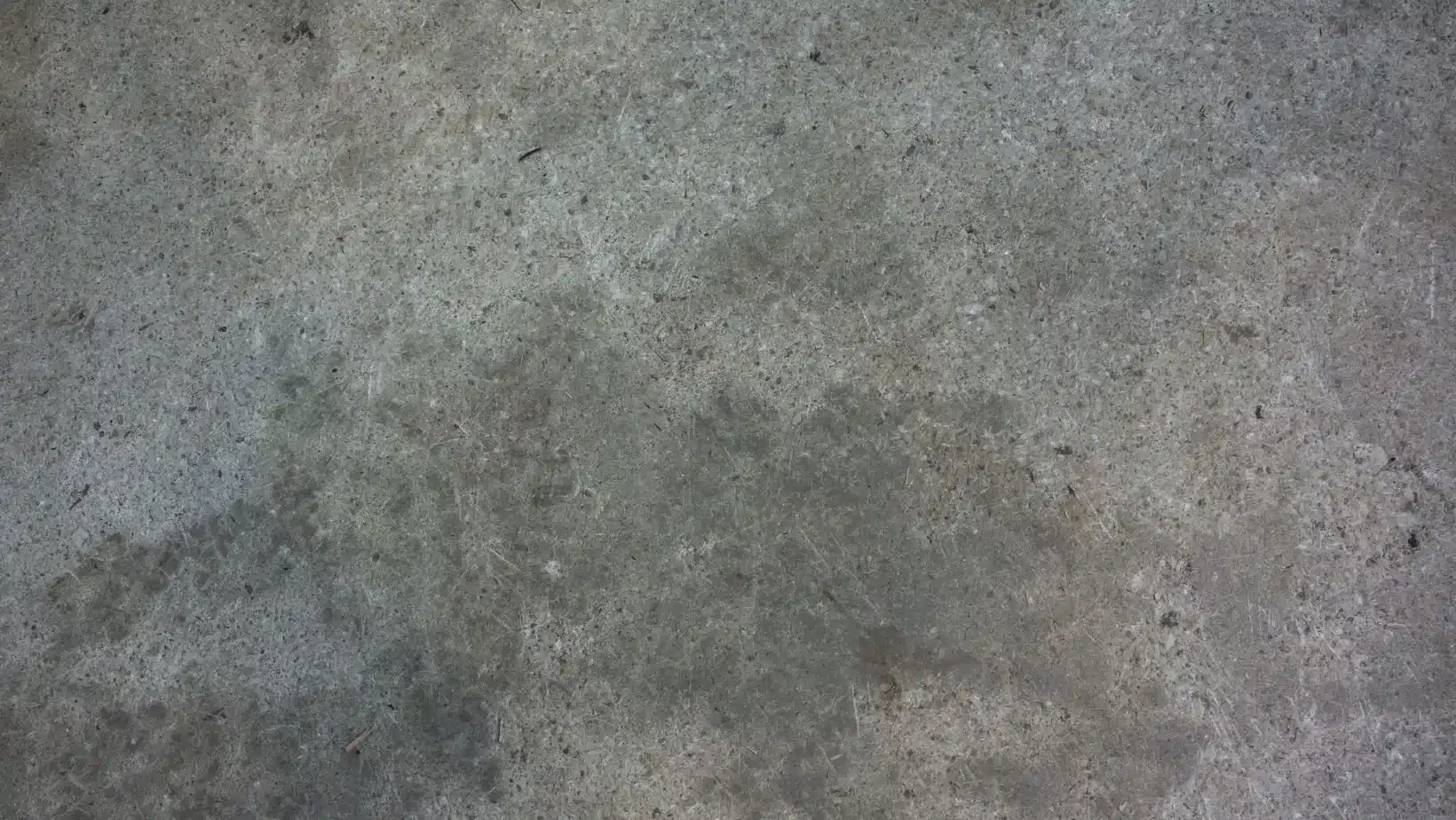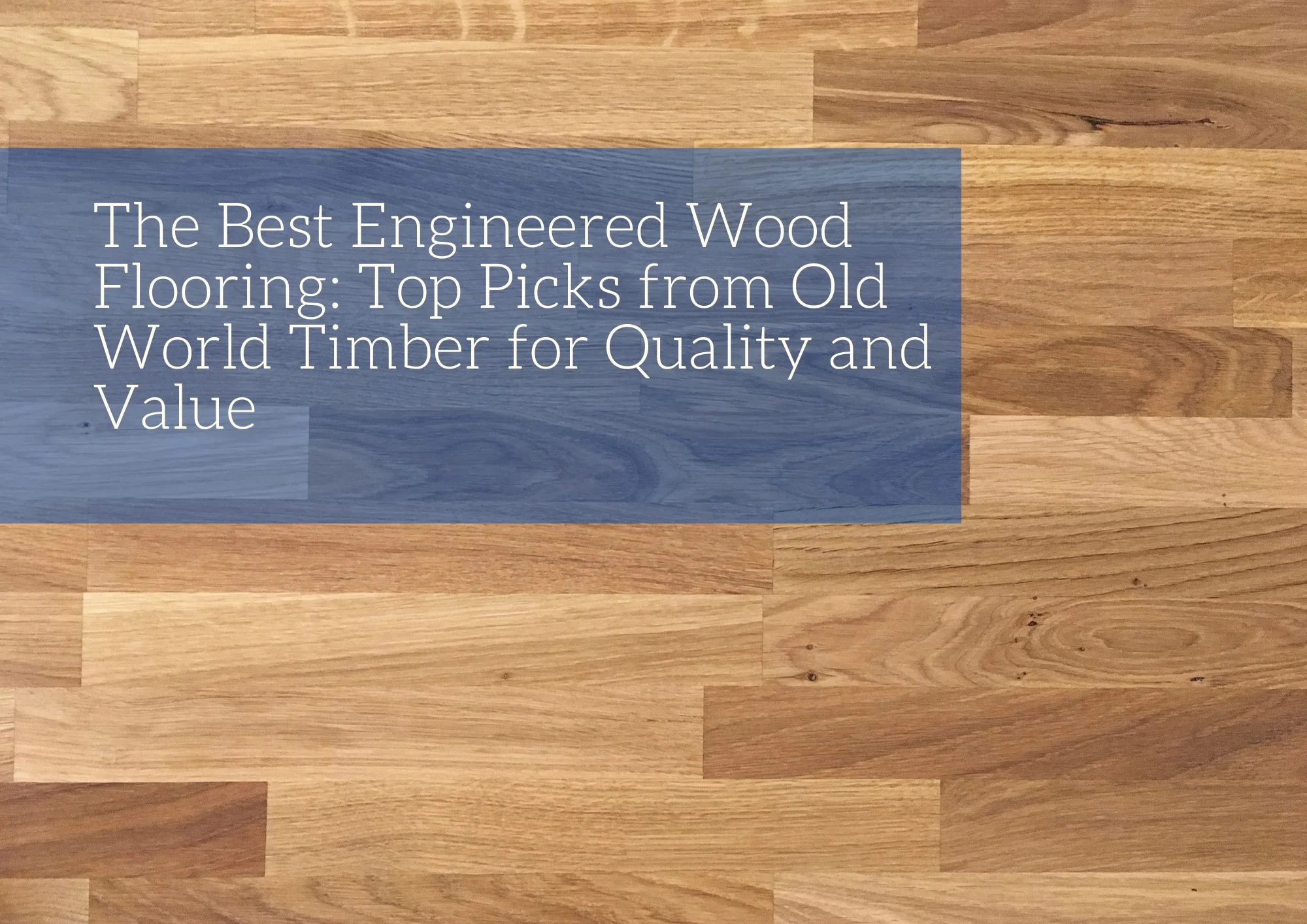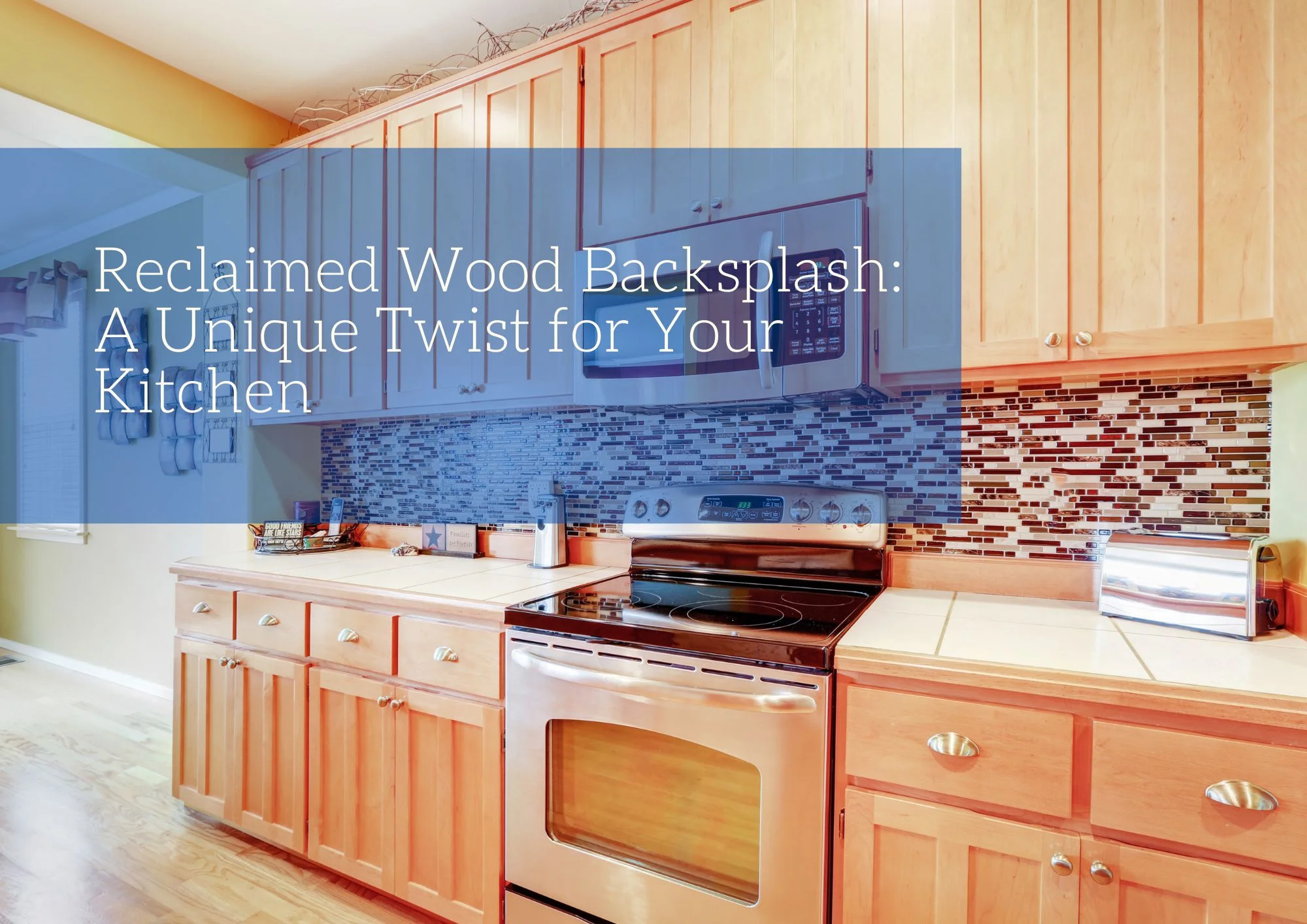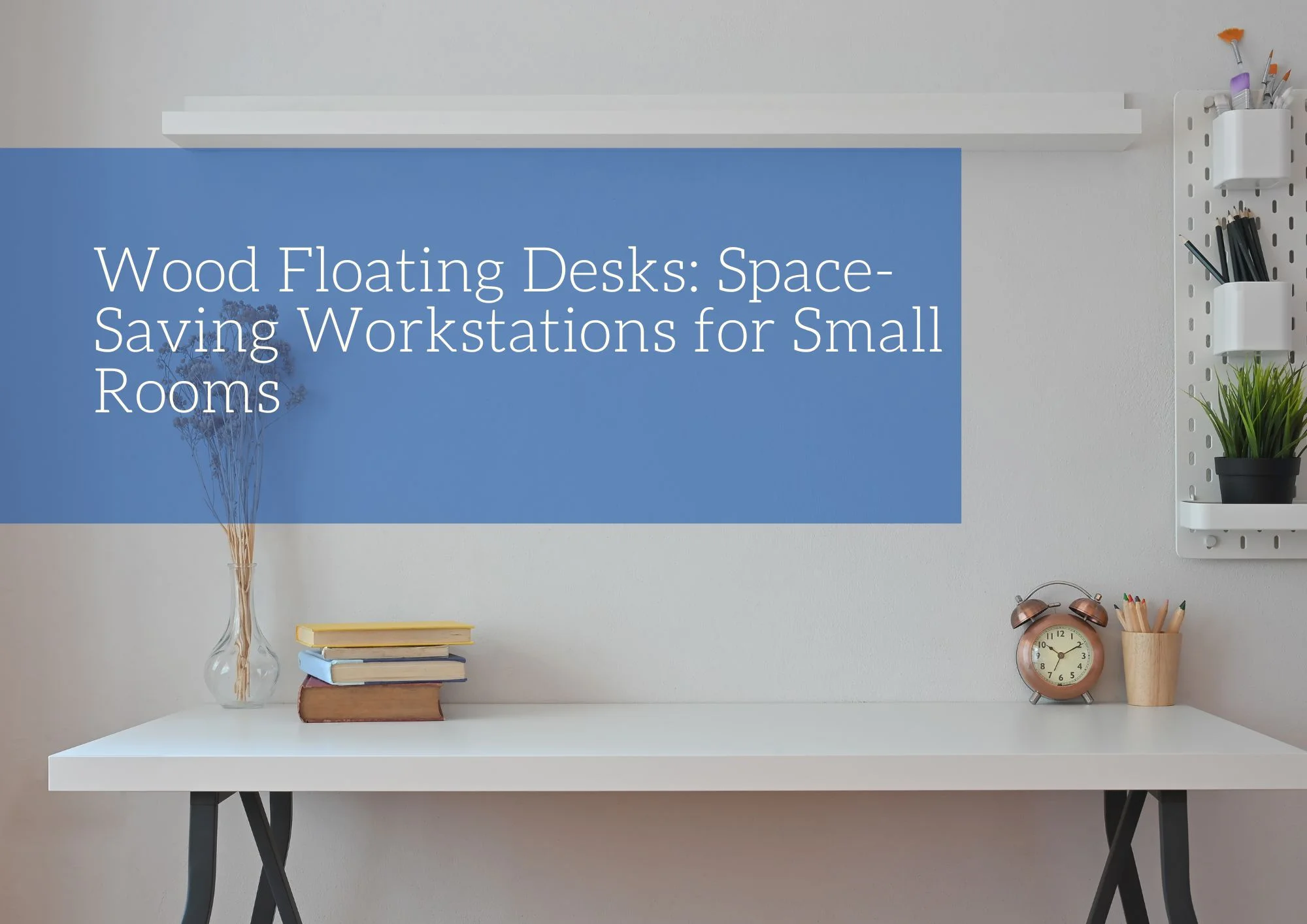Basements often present unique challenges and opportunities when it comes to flooring. Whether you’re looking to create a cozy family room, a functional home gym, or a chic guest suite, the right flooring can transform your basement into a space you’ll love. Here are the top 5 basement flooring options that combine style, durability, and practicality.
Basement Flooring Quality Essentials
- Hard vs. Soft Materials: Hard materials like tile and concrete generally outperform soft materials like carpet in basements due to their durability and resistance to moisture. However, if your basement is dry, soft materials can also be a viable option.
- Simplicity in Layers: Monolithic, single-layer flooring options are easier to dry than multilayered solutions. Concrete is a prime example, offering the benefits of being hard, inorganic, and free from multiple layers which may trap water.
- Raised Subfloors: Certain basement flooring options require a raised subfloor, which can be created using a subfloor system or a traditional sleeper system made of plywood and two-by-fours.
- Moisture Control Solutions: Managing moisture is a common challenge in basements. Dehumidifiers are an effective way to control moisture levels and maintain a dry environment, protecting your flooring and other basement features.
The Best Basement Flooring Options
Engineered Hardwood Flooring
Because wood is sourced from trees and is biological, it does not tolerate extended moisture exposure. Thus, solid hardwood is one of the worst basement flooring choices. However, engineered wood flooring is another story. Engineered wood flooring is considered stable because the cross-hatched plywood substrate beneath the actual wood veneer retains its form when exposed to low levels of moisture which makes it a great option for most basements.
Plank Tile Flooring
Plank-sized porcelain tile flooring is an excellent choice for basements due to its moisture resistance and durability. Designed to resemble real wood with detailed and realistic patterns, it offers the aesthetic appeal of hardwood without the associated moisture issues. Widely used in high-traffic areas such as restaurants and commercial buildings, this flooring is robust and long-lasting. Its distinctive 90-degree edges allow for edge-to-edge installation without mortared grout lines, creating a seamless and clean look that enhances any basement space.
Cork Flooring
Cork is a natural material harvested from cork trees. It offers a soft, comfortable, and warm surface underfoot, making it an attractive choice for basement flooring. However, as an organic substance, cork is susceptible to water damage, necessitating the installation of a subfloor system if used in below-grade rooms. This added layer helps protect the cork flooring from moisture, ensuring its longevity and maintaining its appeal in a basement environment.
Porcelain or Ceramic Tile Flooring
Tile is the greatest option for a basement floor since it combines several advantages. After being laid correctly it has a completely smooth and clean look and feel unlike concrete which remains rough and porous. One efficient idea is having a sublayer of concrete and then laying ceramic or porcelain tile straight onto your concrete surface. Radiant heating can be positioned between concrete and tile to warm the surface of the otherwise chilly tiles.
Concrete Flooring
As homeowners’ perceptions of utilitarian surfaces have evolved, concrete has gained favor as a flooring option. Concrete no longer needs to stay in its natural form; it can be transformed with painting or staining to achieve a distinct and appealing look. In fact, painting is particularly effective for concealing large repairs, providing both aesthetic enhancement and functional benefits.
Choosing the right flooring for your basement can significantly enhance the comfort and aesthetics of your home. Whether you prefer the warmth of carpet tiles, the modern look of stained concrete, or the versatility of vinyl planks, there’s a perfect option out there for you. Consider your basement’s specific needs, your budget, and your personal style to find the flooring you’ll love for years to come!


